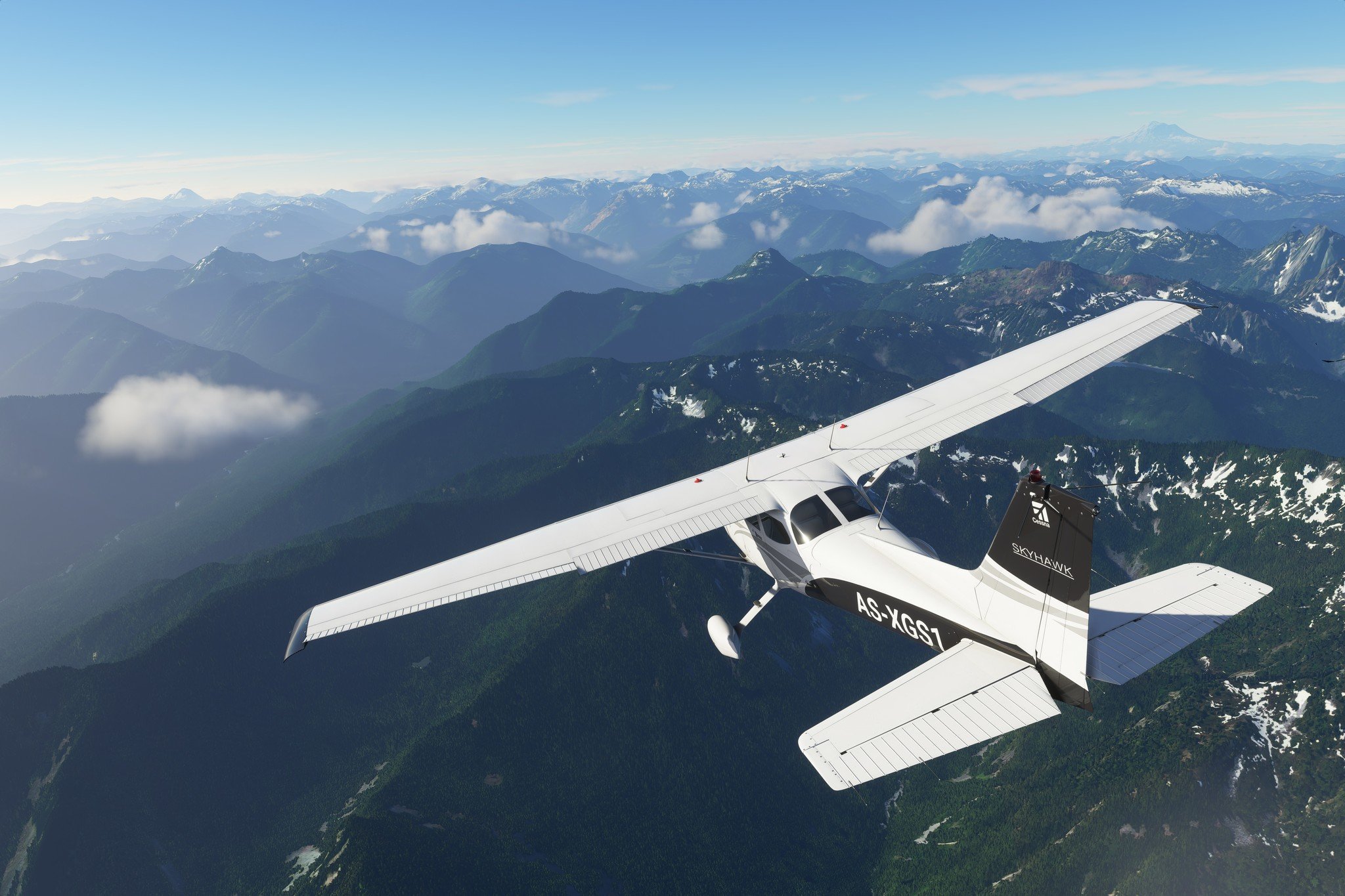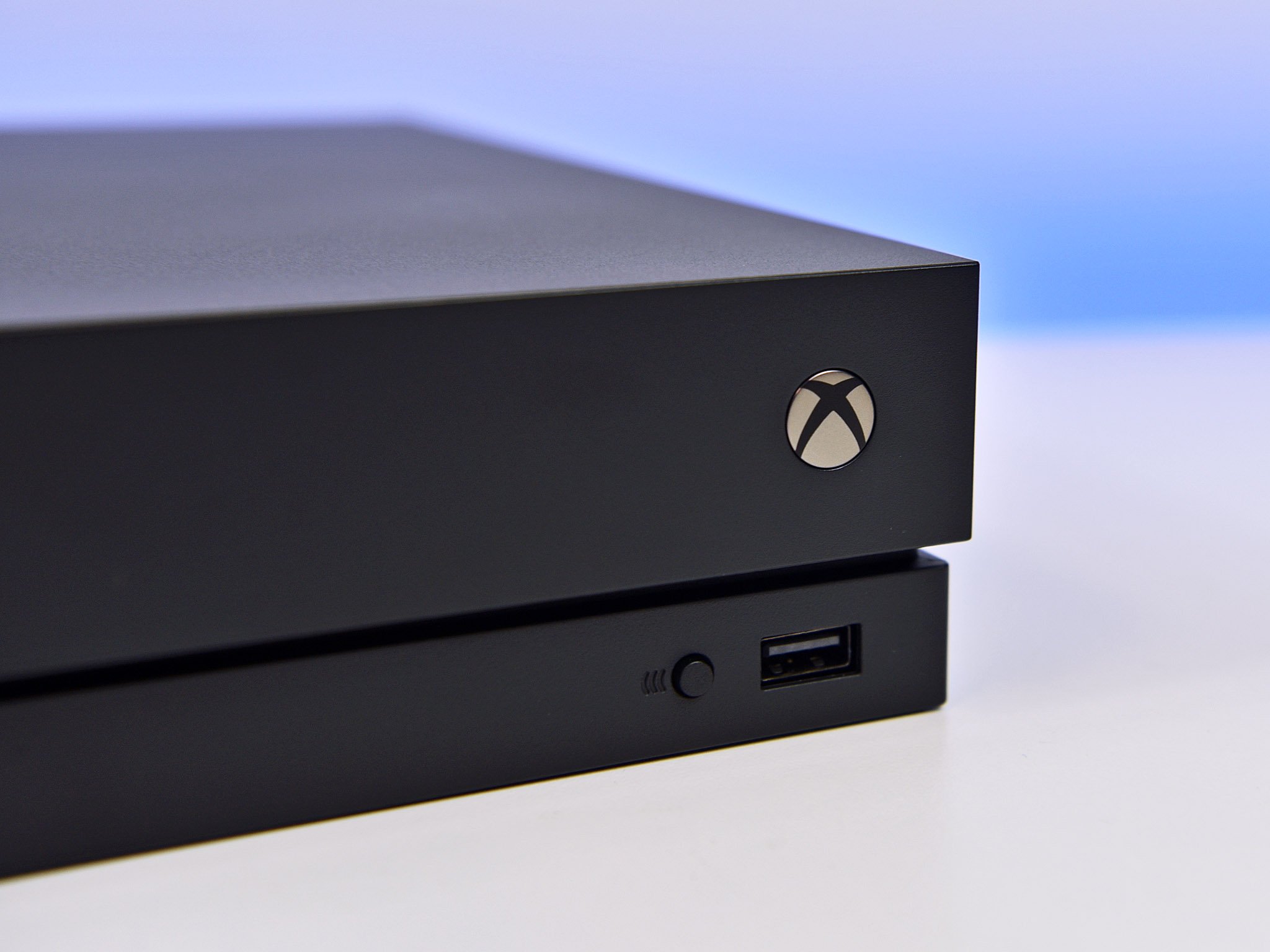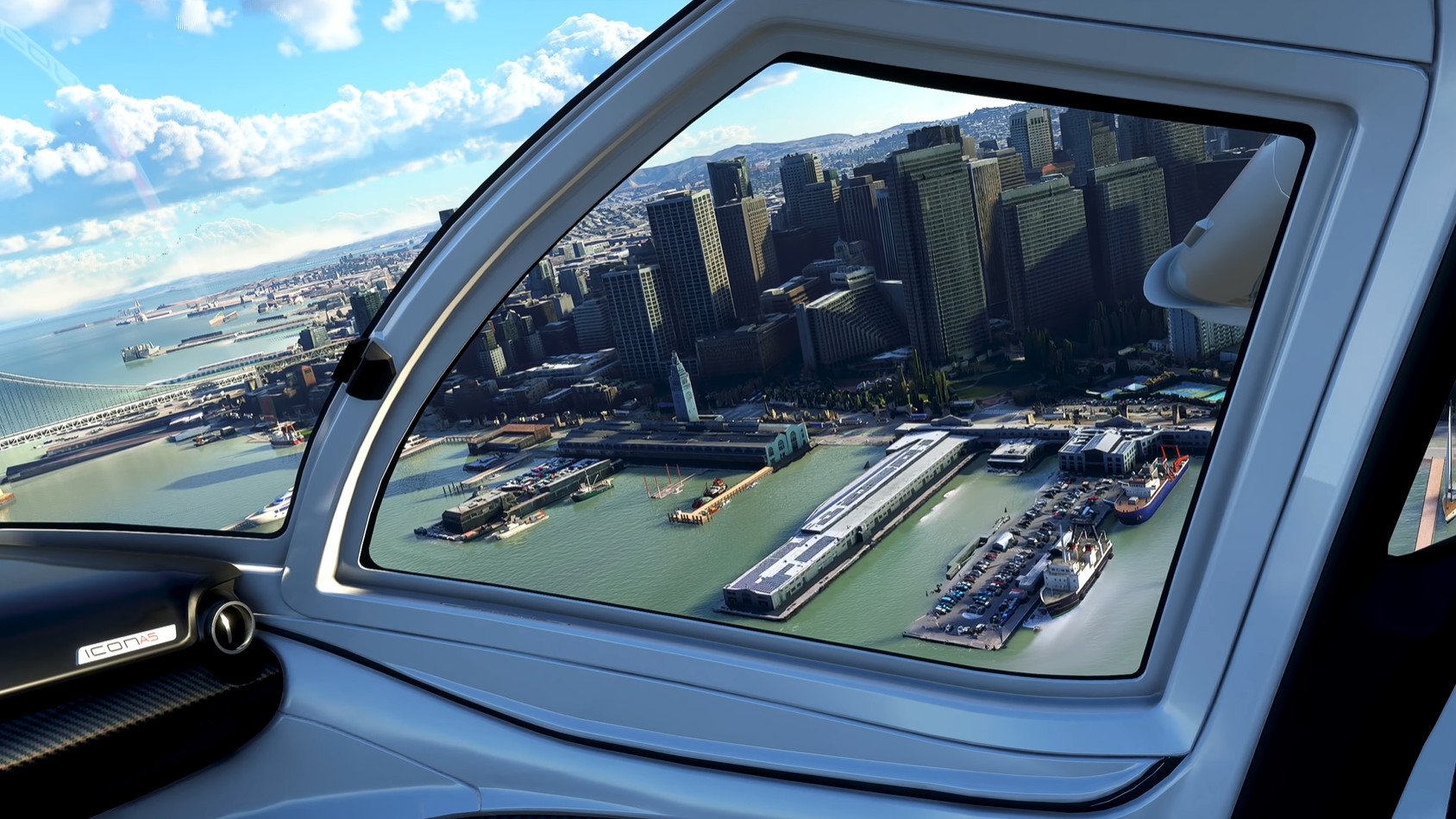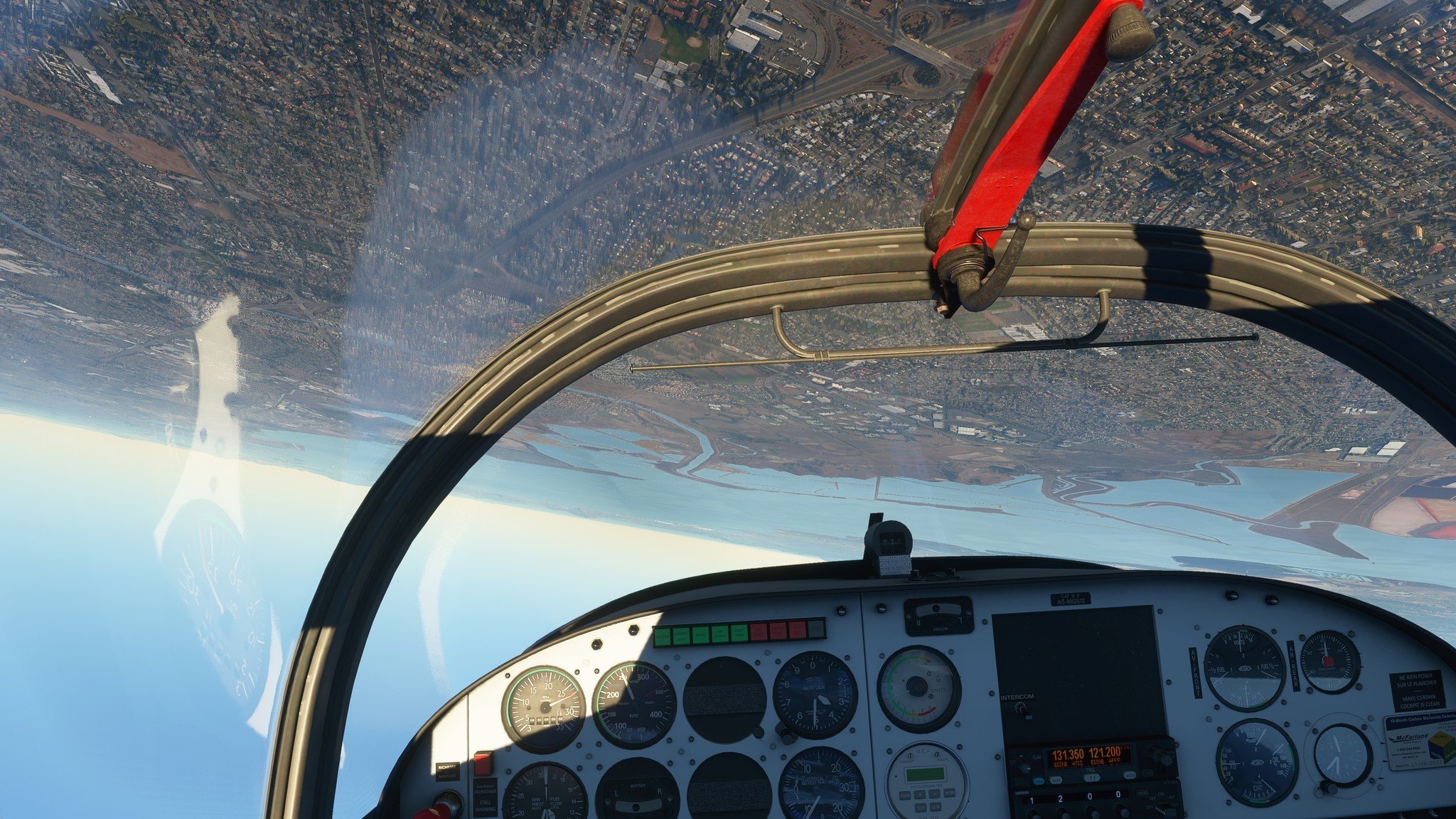Microsoft Flight Simulator skips Xbox One for Xbox Series X|S exclusivity, but there could be hope for Xbox One players in the future.
Microsoft Flight Simulator has expanded Xbox Series X and Xbox Series S, bringing the full scope of its cloud-powered aviation to the couch. The title recreates the globe with satellite imagery, geospatial data, and artificial intelligence, with an original PC release taxing on even the latest high-end rigs. But Microsoft Flight Simulator on Xbox serves as an incredible technical achievement, doubling as a graphical showcase for Microsoft's best Xbox consoles.
While Microsoft Flight Simulator soon launches on Xbox Series X and Xbox Series S, it's also the first Microsoft-published title to skip Xbox One consoles. Microsoft has made it clear that previous-generation devices won't receive the game, excluding a sizeable install base with older hardware. But why is that the case? Here's what we know.
The reason Microsoft Flight Simulator isn't coming to Xbox One this July
Microsoft Flight Simulator is easily among the most demanding titles on the market, aiming to deliver photorealistic visuals across the entire globe. The PC experience pushed even the best CPUs and GPUs to their limits in 2020, with ultra-tier settings at 4K resolution nigh impossible for most high-end PC rigs. The complexity of its virtual world demands high system requirements, notably CPU-bound, to achieve steady performance.
While Microsoft hasn't provided total clarity around its decision to skip Xbox One consoles, the intention is evident when looking at what's on offer. The aging Xbox One hardware ultimately falls short for Microsoft Flight Simulator, including the revised Xbox One X from 2017.
The biggest advancements of Xbox Series X and Xbox Series S naturally benefit Microsoft Flight Simulator, including a new custom AMD Zen 2 CPU pushing up to four times the power of Xbox One X. The affordable Xbox Series S rocks an eight-core CPU at 3.6 GHz – a clock speed just short of the 3.8 GHz achieved by Xbox Series S. Their similar brains outpace previous-generation hardware, meaning Xbox Series X and Xbox Series S can deliver a stable experience, as outlined in our Microsoft Flight Simulator Xbox review.
The Xbox Series X and Xbox Series S also have speedy solid-state drive (SSD) storage, alleviating another major bottleneck from past consoles. The faster read and write speeds reduce loading times and help support more complex worlds. That SSD technology goes in hand with a vast recreation of planet Earth.
While the Xbox One X delivered sizeable upgrades over earlier Xbox One consoles, its weaknesses would still hold back Microsoft Flight Simulator. Upgrades to Xbox One X pushed a new six teraflop GPU, while the CPU remained largely untouched. The slower internal hard drive also causes issues when rendering the game world. The same shortcomings also apply to earlier Xbox One consoles and the Xbox One S. Ultimately, Xbox One consoles seemingly aren't fit to deliver a steady Microsoft Flight Simulator, pushing Microsoft to pursue Xbox Series X and Xbox Series S exclusivity.
I thought Xbox Series X|S wouldn't have exclusives yet?
Microsoft has previously stressed plans to continue Xbox One support, especially with Xbox Series X and Xbox Series S in short supply. Upcoming titles like Halo Infinite and Forza Horizon 5 launch on older Xbox One hardware, whereas previous console launches saw older hardware ditched at a much faster pace.
Xbox One remains a viable gaming platform in 2021, with almost every new title still shipping on the previous generation. We expect this to continue alongside current hardware constraints, with ongoing chip shortages bottlenecking who can purchase the consoles. However, for next-generation experiences like Microsoft Flight Simulator, we see a shift in the trend.
Will Microsoft Flight Simulator ever come to Xbox One?
Most likely. Microsoft has no plans to bring Microsoft Flight Simulator to Xbox One, at least natively. However, investments in Xbox cloud gaming could directly benefit Xbox One owners still to upgrade at a later date.
The ongoing Xbox cloud gaming rollout recently saw iOS and PC testing expand to the public, joining Android devices in remote Xbox gaming. It brings full-fledged Xbox experiences to mobile devices over low-latency streaming, with planned expansions to smart TVs and even older Xbox One hardware. The move will essentially turn obsolete hardware into nodes for cloud gaming, including Xbox Series X and Xbox Series S exclusive titles.
"For the millions of people who play on Xbox One consoles today, we are looking forward to sharing more about how we will bring many of these next-gen games, such as Microsoft Flight Simulator, to your console through Xbox Cloud Gaming, just like we do with mobile devices, tablets, and browsers," Microsoft stated.
Microsoft has been steadily upgrading its Xbox cloud gaming servers with new Xbox Series X hardware, providing a new way to access current generation experiences. Microsoft appears set to bring the new Flight Simulator to Xbox One. It's just not clear when the platform will be ready to deliver those experiences.









0 comments:
Post a Comment